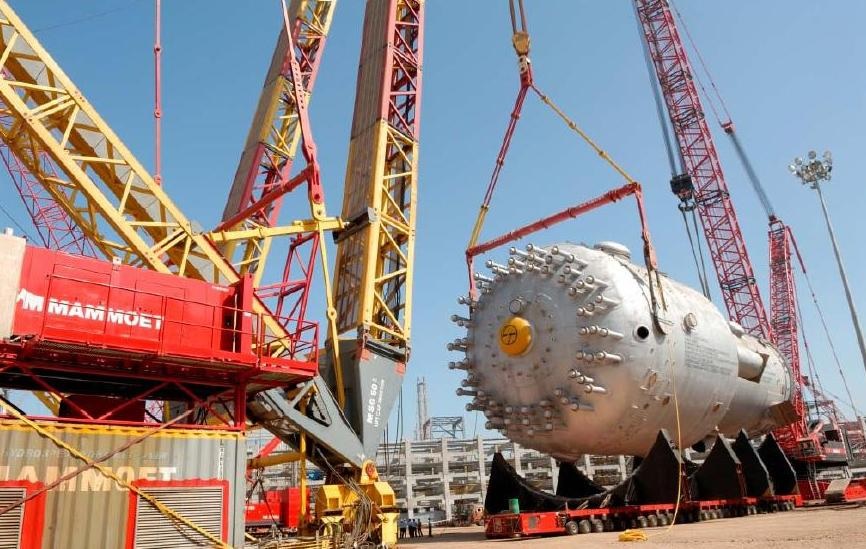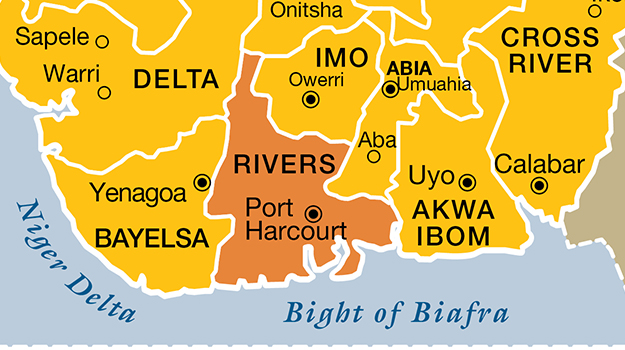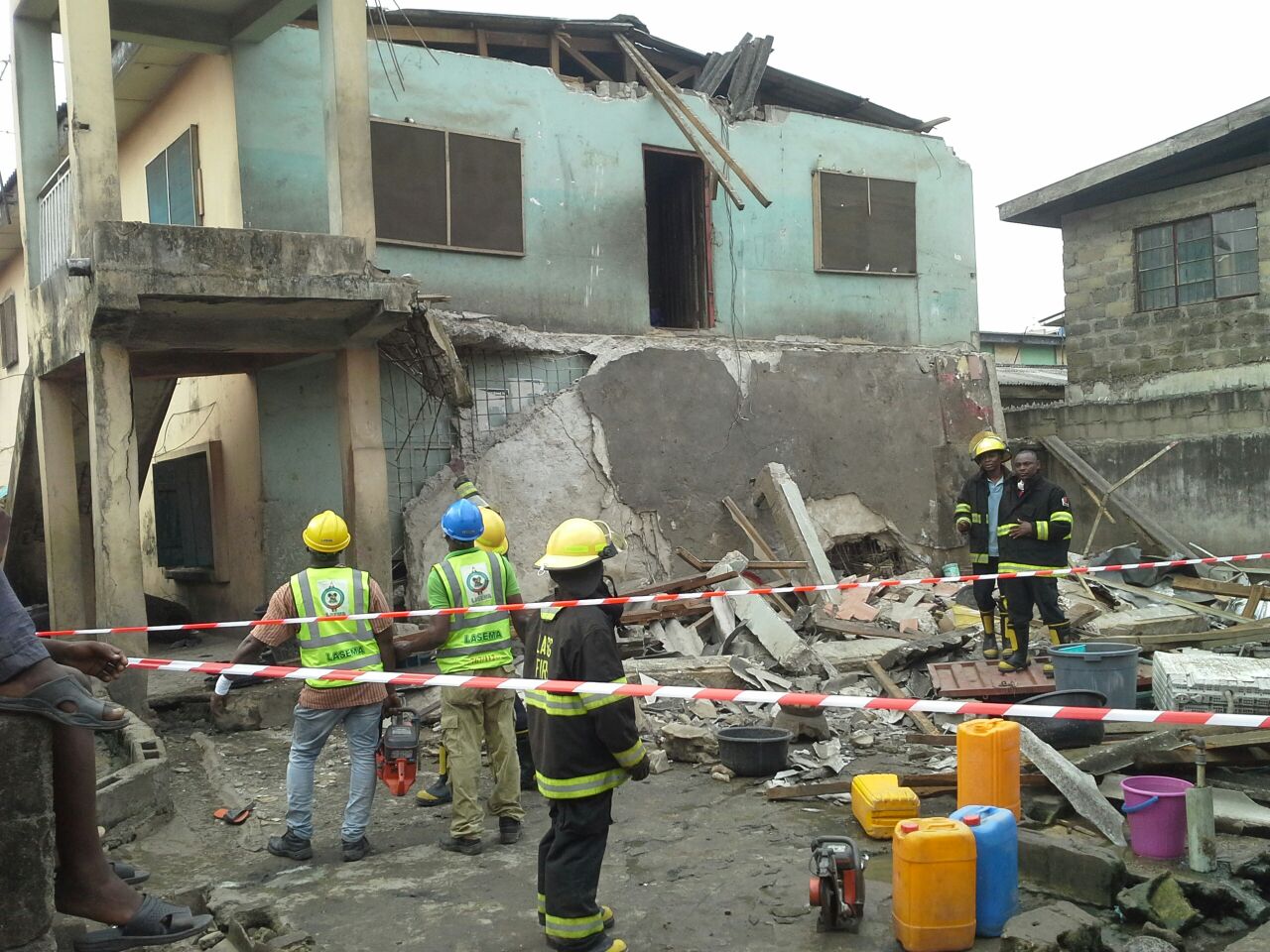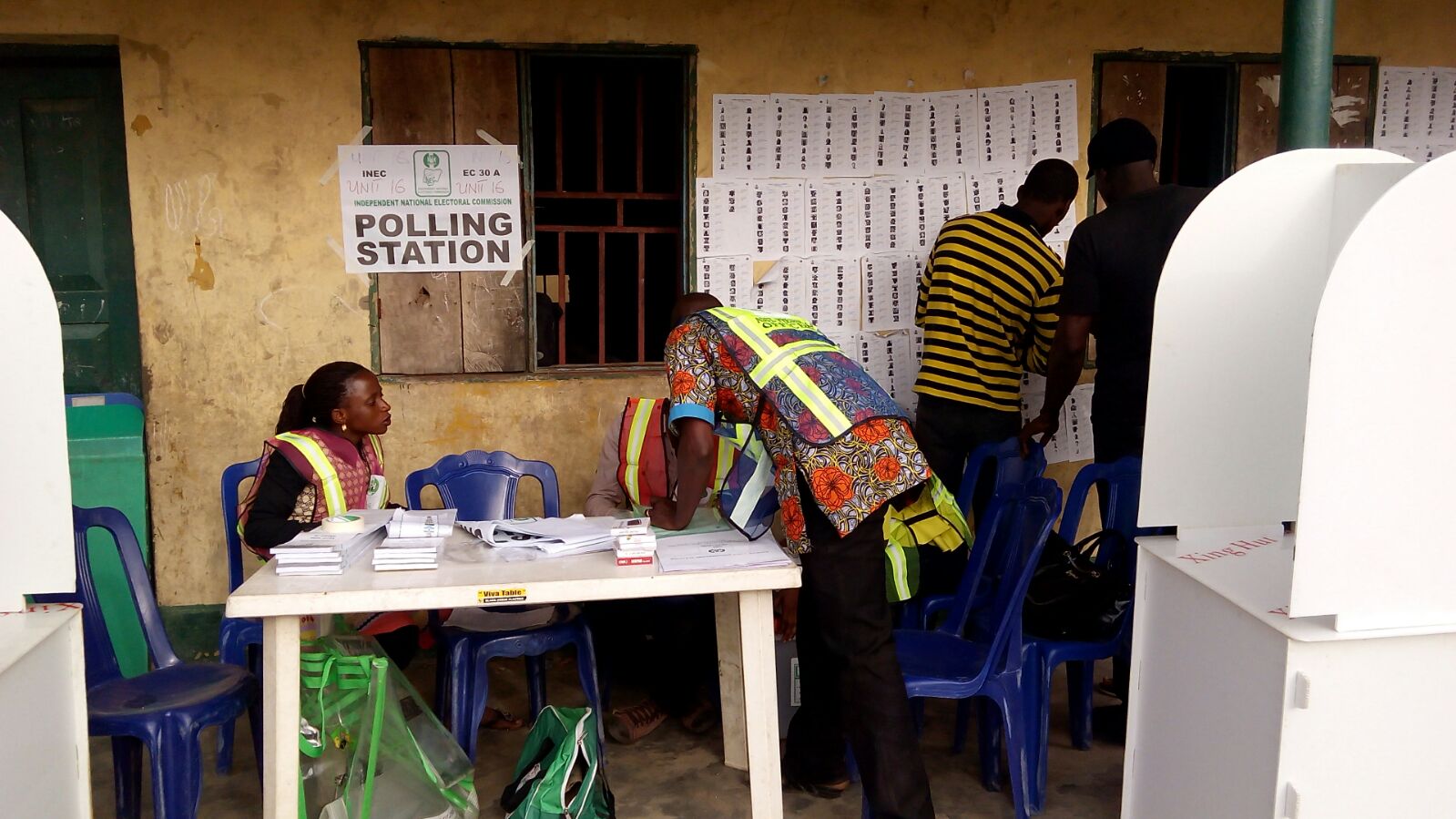Aliko Dangote, president of Dangote Group and Africa’s richest man, is sending about 800 Nigerians to India, to learn the operations of a petrochemical refinery.
The 800 Nigerians will travel to the Asian country over the next 24 months in a batch of fifties, to learn from the nation with the largest refinery in the world.
India is home to the world’s largest refinery – Jamnagar Refinery Reliance Industries, Jamnagar – which refines as much as 1.2 million barrels per day.
A source in the company confirmed the development to TheCable on Friday, adding that the first batch to be trained will leave for India on Sunday, March 20, 2016.
Advertisement
“About 800 will be trained in batches within 24 months. The first batch of 50 is leaving for India on Sunday,” she said.
Dangote is looking to creating employment within the Nigerian economy, rather than importing expatriates to run the first private refinery in Nigeria.
The refinery, projected to worth $9 billion, is being built to have a refining capacity of about 500,000 to 650,000 barrels per day.
Advertisement
“After receiving a private licence to build a refinery, Dangote has commenced the building of a 650,000 barrel per day (BPD) petroleum refinery, which will be the single largest in the world,” the conglomerate said in a statement more than a year ago.
“The refinery would have a larger capacity than all of Nigerian National Petroleum Corporation (NNPC) refineries put together.”
Dangote, who hosted Godwin Emefiele, governor of the Central Bank of Nigeria (CBN), at the site of the refinery in January, assured Nigerians that the refinery would be ready to meet the nation’s need by 2018.
“Today, Nigeria imports 100 percent of its fertilizer, but when we finish, Nigeria will be the largest exporter of Urea and Ammonia in Africa,” Dangote said in January.
Advertisement
“The refinery is the largest single line in Africa and it will meet our total domestic requirement and save foreign exchange. Thirty-eight per cent of CBN’s foreign exchange is spent on importation of petroleum products.
“We can serve the whole West African market. We are going to serve the whole domestic market in the next 10 years and also export. We have actually been doing this for a very long time to diversify the economy.”







